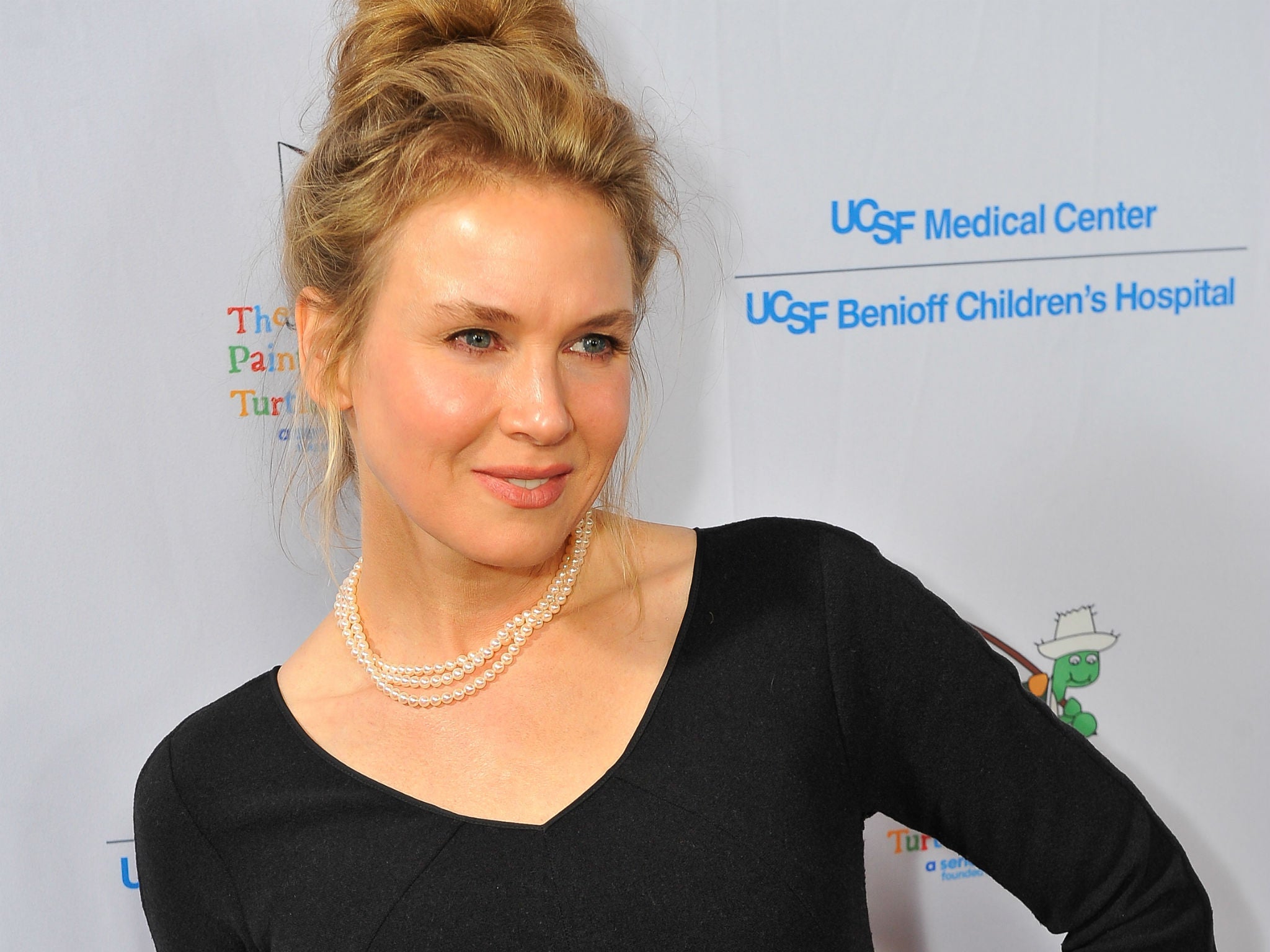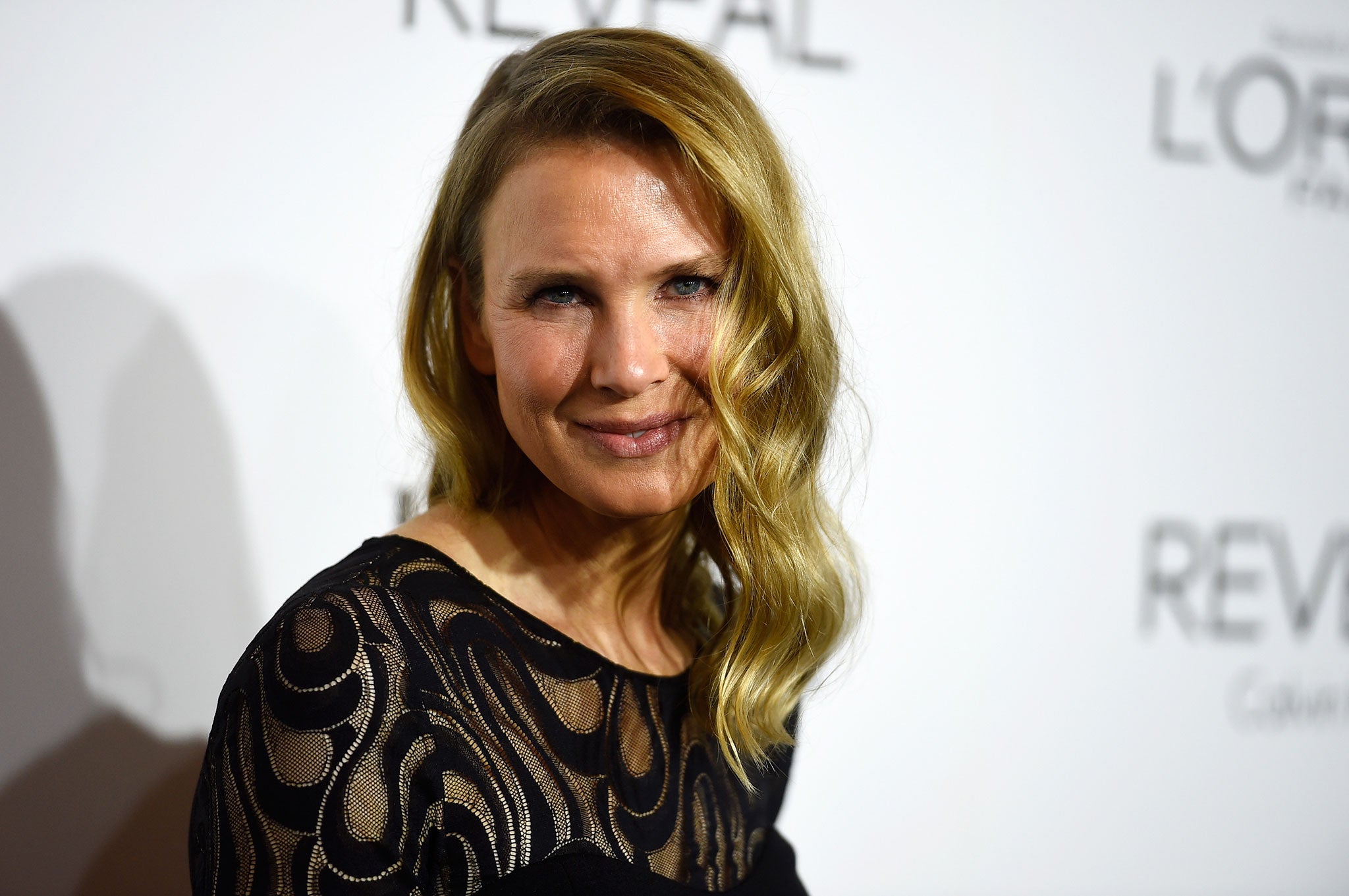Renee Zellweger on impact of having her face criticised: ‘I feel less fear’
The actress faced unprecedented levels of speculation about her appearance in 2014

Your support helps us to tell the story
From reproductive rights to climate change to Big Tech, The Independent is on the ground when the story is developing. Whether it's investigating the financials of Elon Musk's pro-Trump PAC or producing our latest documentary, 'The A Word', which shines a light on the American women fighting for reproductive rights, we know how important it is to parse out the facts from the messaging.
At such a critical moment in US history, we need reporters on the ground. Your donation allows us to keep sending journalists to speak to both sides of the story.
The Independent is trusted by Americans across the entire political spectrum. And unlike many other quality news outlets, we choose not to lock Americans out of our reporting and analysis with paywalls. We believe quality journalism should be available to everyone, paid for by those who can afford it.
Your support makes all the difference.Like almost every other high-profile woman, Renee Zellweger’s appearance is regularly scrutinised and analysed by gleeful tabloids eagerly hunting for any signs of ageing.
The rush to publicly dissect the minute details of a person's face is an unpleasant trend that places even more pressure to maintain unrealistic, youthful appearances regardless of their age - an expectation largely reserved for women.
But when the Bridget Jones actress appeared on a red carpet to attend the Elle Women in Hollywood Awards in 2014, she faced a level of speculation about her face and suggestions of plastic surgery that no-one could have predicted.

Her name quickly began trending on Twitter alongside reports marvelling at how “unrecognisable” she looked.
Zellweger responded to the claims with dignity at the time. “My friends say that I look peaceful," she told People. "I am healthy.”
The 46-year-old told Entertainment Weekly the furore had one positive lasting effect on her outlook 14 months later. “What good comes from knowing that something like that happened? Less fear.”
“All that I know about is what friends and associates would send in texts and emails. They were sending support, which means that I must have needed it, and I prefer it that way. So when people come up to me to ask ‘How did that feel?’ I don’t know, and I like it like that. I don’t know. I know it sounds pretty unlikely that a person might be able to make herself, I guess, keep clear of those words or of that experience, but I have and it takes effort.”
Join our commenting forum
Join thought-provoking conversations, follow other Independent readers and see their replies
Comments